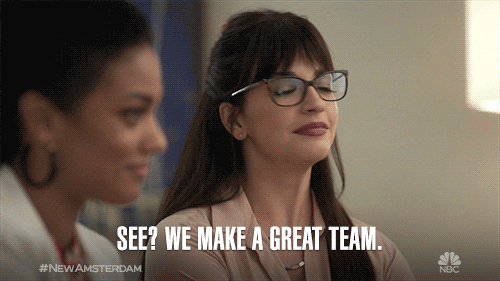One reason we love being consultants? We’ll be honest, there are many reasons. Getting to work with a variety of companies and situations is a top one—but there’s also this: People listen to what we have to say. We’ve built up expertise that our clients can learn from, and that influences how they implement a change at their company or solve a challenge. This is the role that advisory firms like ours fill: Clients ask for guidance or a solution and the firm provides it.
Sounds great, right? You ask for something and get it. But sometimes, you may want more from your consulting partners. You may want them to be there for you as a trusted advisor or thought partner.
Trusted Advisor Vs. Thought Partner
Trusted advisors are reliable, go-to resources. As their longtime client, you’ve come to realize and accept that they are looking out for your best interest. You give them more challenging, more engaging work. You want to know more about what they can offer you. You value their expertise and you come to rely on it. They’ve become the first choice on who you turn to when their expertise, or service, is needed.
While the trusted advisor status is a coveted one for service providers—and mutually beneficial for both companies—the two sides continue to be on unequal footing. One company is handing down advice, and the other is reaching up to take it. If the service provider becomes a thought partner, they are a part of the team. They have reached the point where they know the company so well and operate as if they are a part of the company that they intrinsically know what’s best for the company and can act on it (as appropriate).
Thought partners are no longer observers who listen and learn about the company’s pain points and plans for the future—they are active participants in overcoming those pain points and leading the company toward its full potential.
Thought partners work with you to help you discover the answer. Their curiosity is catching. To find a good thought partner, look for someone who listens, understands and helps you see your situation from a different vantage point. You’ll end up with a better outcome.




